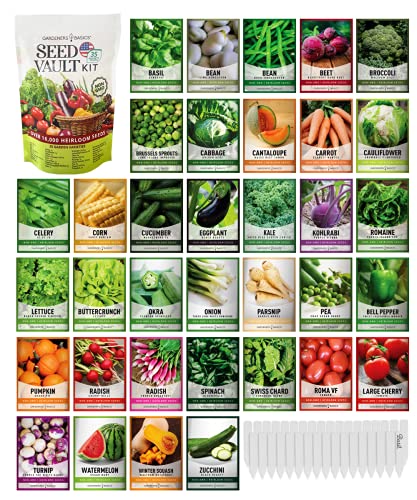BernardSmith
Senior Member
What is the best way to develop a more educated palate? I read all the time about the flavors that those with acknowledged knowledge of wine discern in wines (and beers) and while I am aware of the complexity of flavors that are in wines and beers and meads I am unable to identify them in any meaningful way. Are there (inexpensive) proven ways of developing an educated palate that would enable me to identify the flavors and aromas in wines that are aligned with what others would also identify?


















































![[Upgraded] 9Pcs Tree Root Growing Box with Drain Holes, Half Transparent Plant Rooting Propagation Ball & Metal Core Twist Ties, for Fast Propagation Plants (Size M)](https://m.media-amazon.com/images/I/514MWQxtWOL._SL500_.jpg)


